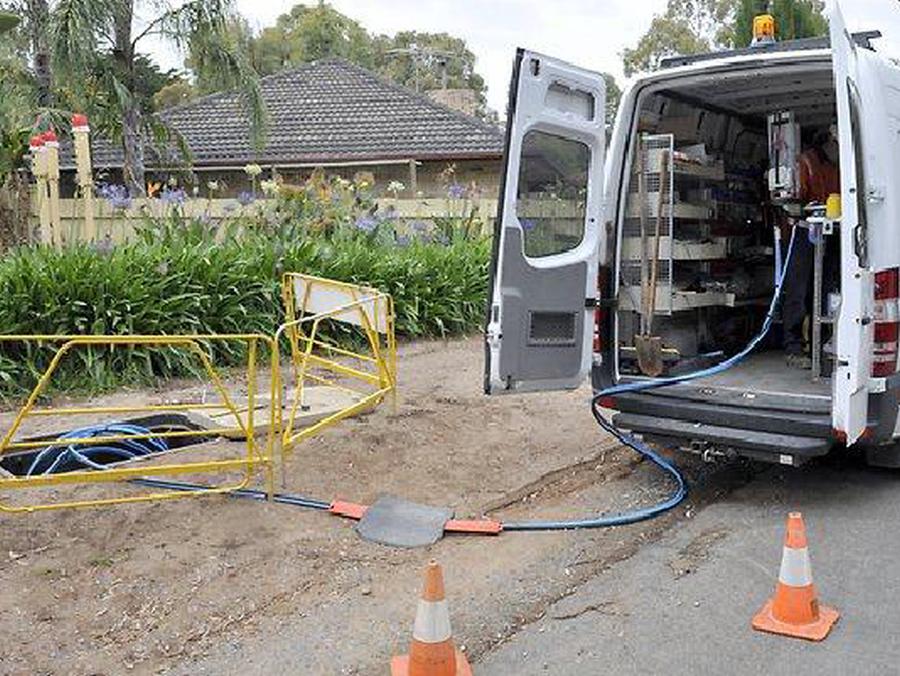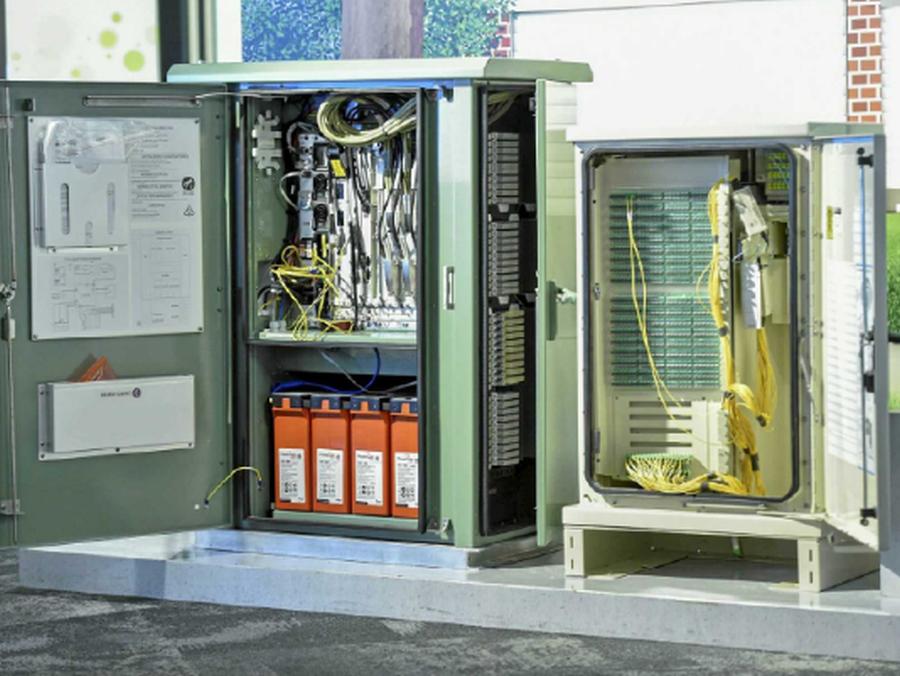
(03) 8592 8100

7 Tips for Getting Your VC81 Compliance Paperwork (Minus the Headaches)
When you’re managing a construction development, whether it’s one residence or twenty, it’s rare for the entire project to run smoothly from start to finish. Strangely enough, it’s often the little things that blindside you and end up causing delays and headaches!
Getting your compliance paperwork for your telecommunications is one area that can be problematic. You (or the person taking care of it for you) must be 100% across every aspect of the process and requirements for it to be done right first time—and this is no easy feat due to the complexity of the technology and the constantly changing requirements.
The VC81 compliance paperwork was first introduced in 2013, and you will need it, completed and signed-off by a qualified person, before most councils in Victoria will release a Statement of Compliance for your development.
So, if you’re a builder, developer or surveyor, and you want to avoid unnecessary hassles as you near project completion, read on to discover 7 tips for getting your VC81 compliance paperwork minus the hassles.
1) Lodge to the right network provider
Currently, the network provider for your project location will be NBN Co or possibly another fibre provider depending on the estate and it’s essential you lodge the application to the right provider. You should also get this done asap, ideally as soon as you have the documents required for your Plan of Subdivision and/or Building Plans, to avoid unnecessary delays.
2) Provide accurate timeframes and dates
While we all know things can change and it’s not uncommon for timings on projects to blowout, when lodging your documents don’t be tempted to put down unrealistic dates in the hope you’ll speed up the process. It won’t work, and in fact, will more than likely cause added delays! You are required to submit your expected build commencement, when the site will be ready for installation and the expected occupancy date—and for each of these you are far better off to provide accurate dates (to the best of your knowledge) than try and hurry things along with false information.

3) Identify existing communication pits
Be sure to have the builders locate any existing telecommunications pits in the street early in the project, so you can see if there is a pit in a location where a new crossover is to be installed. If there is, get in touch with the network provider as a priority to ask them to relocate it. There can be lengthy delays in the providers getting out to action your request, which is why it’s a good idea to get the ball rolling at the start of the project, not the end.
4) Be sure all infrastructure meets the standards
For your compliance documentation to be signed off and approved, all infrastructure must meet the G645:2017 Fibre Ready Pit and Pipe Specifications for Real Estate Development Projects standard. Getting this right the first time requires the expertise of someone who is familiar with not only the technology and infrastructure specifications, but also with the legislation and requirements. While some electricians may have this specialised knowledge, it is common practice to outsource the work to a telecommunications contractor for peace of mind.

5) Action any non-conformance immediately
If you do run into trouble and receive a non-conformance notification from your network provider, don’t wait to action it—get on to it straight away. Whether it’s an easy fix or something more complicated, make sure you get the person who did the work back asap to put things right. Or, if there are major issues you may choose to engage a qualified and experienced telecommunications contractor to fix the job to the standard required.
6) Check all boxes are ticked
The above tips are not an exhaustive list of all the steps required, rather, they are general tips to help you avoid common mistakes. So, before you go ahead and lodge the documentation, do a final check that all boxes are ticked on the below tasks:
- Register the development with the correct network provider
- Submit the telecommunications pre-design
- Pay the network provider for the cabling and any existing network shortfall, including upgrading pits and pipe (if required)
- All infrastructure, including headworks have been installed to the PEP (Property Entry Point)
- CLI (Commercial Lead-In) to the MDF (Main Distribution Frame) has been inspected and certified if required
- All internal pit and pipe infrastructure has been installed, inspected and certified to the legislation standard
7) Submit the documentation (or get a qualified company to do it for you)
You are now ready to lodge the documentation! At this point you can either do it yourself, or hire a telecommunications contractor to do it for you. While lodging seems simple enough, there are some intricacies involved in this part of the process too, so many builders, developers and surveyors choose to outsource this aspect and leave it to the experts to get it done right first time.
DIY or outsource?
While it is possible to adopt a DIY approach when you lodge your VC81 compliance paperwork, if you’re time poor and unsure about the process and requirements, partnering with a telecommunications contractor can save you time and hassle. And most importantly, it will help you avoid any last-minute delays to getting your project to the finish line! At MCS Connect, we guarantee all our work for 12 months and if any issues are encountered we have photos and plans that will speed up troubleshooting and rectification works.
Like to know more about how a telecommunications provider can take care of the compliance paperwork (and the design and installation if you need) for your next residential development? We’d love to hear from you! You can reach our friendly team on 03 8592 8100.


